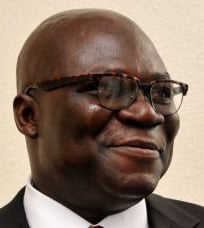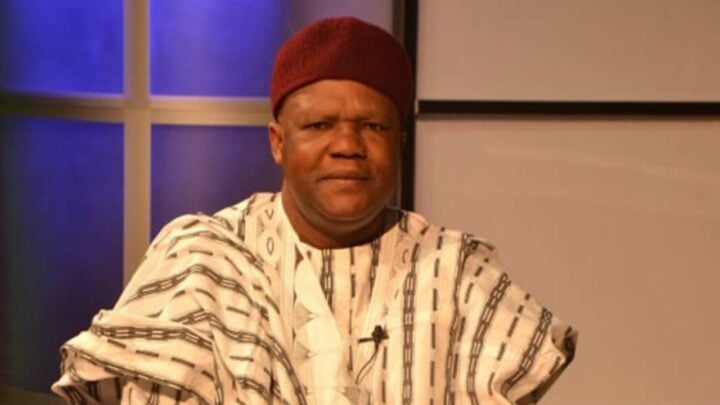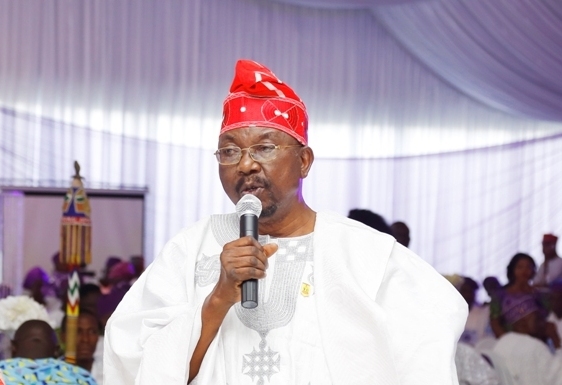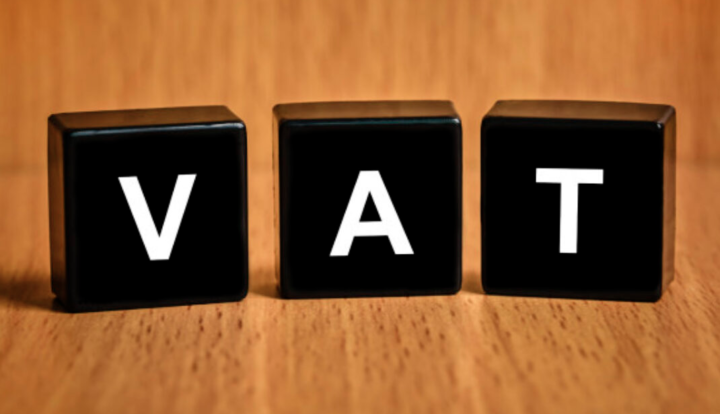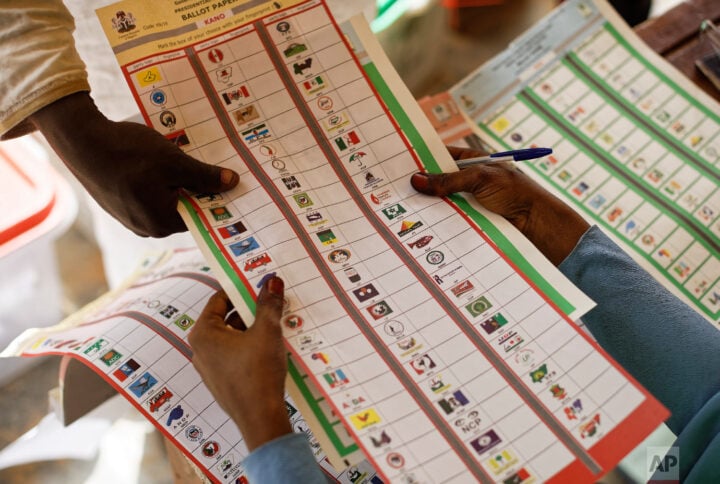Civil society groups, including Non-Governmental Organisations are a positive force for change and progress in society, oftentimes helping to bridge the gaps of alienation between government and the people. In developed parts of the world, CSOs and NGOs have been in the forefront of making our world a much better place by helping to fight injustice, man’s inhumanity to man, environmental abuses, global health challenges, gender discrimination and the evolution of a rules-based international system. Ordinarily, power figures succumb to the temptations of power, they get carried away, they trample on the people’s rights, they subject everything and all things to the caprices of politics, civil society organisations help to pull such delusional figures back to the real world of blood and flesh. The academic distinction that is often drawn between CSOs and NGOs may well be quite frankly a matter of nomenclature and the fine distinctions quite blurry, for both are linked by the service that they offer, rather than profit, and their devotion to the common good, and the fact that both are outside the state, working in the interest of the community.
In developing and underdeveloped countries, civil society organisations have similarly helped to advance common causes, and in Africa, they are as old as the communities themselves. Since the 70s however, there has been an explosion of those groups that go by the name NGOs, a label that seeks strictly to differentiate the activities of such groups from the state and business. Most of these NGOs are described as charity organisations, or not-for-profit, or philanthropist efforts. They rely on donations, mostly foreign and are meant to be seen as voluntary organisations making a contribution to the human community. Nigeria certainly has a positive history of CSOs and NGOs role in its development.
I can attest to that having had an insider view of the CSO/NGO community in Nigeria. I was once a consultant for an international agency where my job was to help rewrite and review proposals from Nigerian NGOs. I also worked for other international agencies on public communication processes, change projects and development ideas. At a time, I was co-founder and director of an NGO. I also co-wrote the political agenda of a major NGO. I later sat on the board of an International NGO which decided funding for many projects in Nigeria. I travelled around the world attending conferences on health, population, environment, women empowerment issues, democracy and good governance. I cannot disclose the identities of these groups, but there was no doubt about the quality of the NGO community in Nigeria and how that construct called “the third sector” could propel societal development for good. Nigeria has indeed been a major beneficiary of the efforts of men and women who stepped away from the state and business and tried to give back by devoting time and energy to key issues of our time.
Within the general civil society community, churches, community-based groups, professional associations, labour unions, volunteer groups have also done so much in the making of Nigeria. For anyone who may have forgotten, the Nigerian civil society led the struggle against military rule in this country, and fought valiantly to demand a return to civilian rule. Many died. Lost their loved ones. Hundreds of persons fled into exile. Many more were hauled into detention and jails on trumped up charges. The Nigerian media was courageous. Journalists stood at the barricades along with human rights activists and resisted oppression, at great risk to their lives. At a time in this country, it was a crime and an attempt at suicide to write or tell the truth, yet many spoke the truth. Nobody thought of profit or gain. The only gain was the common good. Many persons and groups went to the streets and shouted “Never Again”. Of course, there were opportunists who profited from the people’s anguish, but my point is that in the 80s and 90s, the Nigerian civil society had its golden moments. We are all beneficiaries of the heroism of those who made the sacrifice in the political arena, regardless of what ails us today.
Advertisement
So, where is that same civil society today? Its complexion has changed. And that is a source of concern. With return to civilian rule in 1999, civil society, praised for its commitment to the major task of saving Nigeria, more or less relaxed. The explanation we offered at the time was that having won the battle over the authoritarianism of the military and the violation of the people’s rights, it made sense for civil society to catch its breath and allow the new democrats to settle down as Nigeria’s Fourth Republic began. This new phase in national development coincided however with an explosion in the number of Non-Governmental Organisations in the country. Having seen the power of civil society, setting up an NGO became a special kind of enterprise. There is nothing wrong in anyone electing to help promote the frontiers of law, human rights and democracy but the lines became strikingly blurred: between NGOs that were truly non-profit and an emergent phenomenon known as NGIs: Non-Governmental Individuals: special purpose, one-man organisations with neither structure nor organisation, but a fanciful name, a business card, an indeterminate address and a fancy-dresser who goes by the name of Chief Executive with a talent for peripatetic conduct in NGO circles and the larger society. In due course, someone took the trouble to prepare a directory of NGOs in Nigeria. Our finding: Many states in Nigeria have more NGOs than companies and direct investments. Each NGO looks for funds from international agencies and local donors. Most of them are vehicles for gaining access to government departments and agencies.
The result was the emergence of the NGO chief as an entrepreneur. And some of the guys really live it up. Loud fashion. Big cars. Opulent quarters. Like everything Nigerian, the NGO community, once a haven of good, became a vehicle of access to the good life. The legacy of the early heroes has since been overtaken by many who are out there to make a quick buck, or offer special services to the highest bidder, no matter how shady the deal may be. It is perhaps not surprising therefore that the Nigerian Government has been trying to control the NGO community, has been very suspicious of it, and continues to attack the civil society community. The contempt is mutual. Between 2015 and 2016, the National Assembly proposed three different bills to regulate CSOs and NGOs viz: A Bill for the Registration and Coordination of NGOs in Nigeria and for Connected Purposes (2015), the Civil Society Commission of Nigeria Bill (2016) and A Bill for the Establishment of the Non-Governmental Organisations, Civil Society Organisations in Nigeria and for Related Matters (2016). The sponsors of these Bills argued that the objective was to ensure transparency and accountability in the NGO sector to the extent that while freedom to act on behalf of the people was important, such freedom must come with responsibility. The big problem was that the phrasing of the bills was adversarial. Most of the provisions sounded like a deliberate attempt to shut down “the third sector” and free speech. In September 2017, 23 NGOs went to court to demand that the Bills should be declared unconstitutional. The hashtag #NoNGOBill dominated Nigerian social media. The Bills died a-borning.
The matter of the NGOs in Nigeria came up again last week when the Federal Inland Revenue Service speaking through one of its directors, Temitayo Orebajo announced that Civil Society Organisations in Nigeria that are involved in “trade and business” must pay tax, obtain a Tax Identification Number (TIN) or get sanctioned in accordance with the law. This has generated mixed reactions among stakeholders. There is nothing new really. The relevant laws for NGOs are the Companies and Income Tax (CITA) 2007, the Personal Income Tax Act No 104, 1993; the Value Added Tax 2007 (as amended). Under the extant law, NGOs in Nigeria are required to pay the PAYE tax, Withholding Tax on goods and services, Local taxes and fees such as parking and garage levies, Capital Gains tax where applicable and Income Tax on passive income. I do not see what the furore is all about. It is not every NGO that is non-profit in the real sense of it. Every NGO is required to be registered by law. The tax exemption that is enjoyed by an NGO is conditional. It is not absolute. Any NGO that wants an exemption can apply to the Minister of Finance through FIRS.
Advertisement
Once an NGO begins to engage in “trade and business”, it must be prepared to pay taxes. This includes those churches and places of religious worship that run travel agencies, schools, bakeries and that manufacture water and other items, including anointing oil, from which they make huge profits. Some of the most lucrative businesses in Nigeria today belong to churches. In God’s name, people are cashing out and claiming that they are NGOs. I am of the firm view that some level of regulation, accountability and transparency is required. There are too many NGOs out there that are merely fronts for other businesses. Nigerians are too busy trying to break or evade the law. Too many individuals parading as non-profit organisations. The usual tendency is to see every attempt at control or regulation on civil society groups as an assault on the civic space. While it is true that the Nigerian government has been complicit in this regard, it is also true that civil society in Nigeria is problematic and cannot be placed above scrutiny.
I recall two instances and with the following illustrations, I will rest my case. I was shocked when during the crisis involving the Niger Delta Development Commission (NDDC), a member of the Professor Kemebradikumo Pondei-led interim management committee, Dr. Cairo Ojuogboh appeared on international television to claim that the civil society community in Nigeria, so-called CSOs and NGOs were part of the problem because these were groups on the payroll of the NDDC. At the time, the NDDC had come under heavy fire from persons who justifiably condemned how a development agency had been turned into a rent collection point by those who were expected to use provided resources to develop the Niger Delta and improve the people’s lot. Cairo Ojuogboh argued spiritedly that if anybody collected contracts, most of them were lawmakers in Abuja and NGOs from the Niger Delta Community, including groups that offered media services. It may be argued that these may have been phantom groups created by the thieves within the system as vehicles for self-enrichment. But they went by the title of NGOs nonetheless, claiming to be non-profit entities! They collected contracts and funds! In Nigeria, anybody can set up an NGO and buy newspaper space and make all kinds of claims. Half of the NGOs out there are not even registered. Just grab a name, design a logo and recruit an online team, generate a fanciful title and you are in business. Nobody double-checks.
I was also particularly alarmed when recently an NGO known as HEDA Resource Centre and its Chairman, Olanrewaju Suraj wwere both accused by the Police, in a report, of having made false accusations against Mohammed Bello Adoke, former Attorney General of the Federation in the OPL 245 case involving Malabu Oil and Gas Limited. Suraj and his NGO accused Adoke of using an email address belonging to a company owned by a certain Aliyu Abubakar to engage in corrupt activities. Adoke was also accused of having had a phone conversation with an Italian journalist in 2017 where he admitted that the OPL 245 deal was a scam. Adoke has since denied the claims made against him by HEDA. He petitioned the Nigeria Police and asked for an investigation. The Police investigated Olanrewaju Suraj’s claims and wrote a report stating clearly that this was a case of blackmail, and that the information shared on social media against Adoke was unverifiable. Suraj responded by saying the Police Report was fake. The Nigeria Police Headquarters has since responded with the rebuttal that its report is authentic. To worsen matters, we are told that Olanrewaju Suraj’s Human and Environmental Development Agenda (HEDA) is “an unregistered organisation.” The Police invited Olanrewaju Suraj but the police in their report said “he feigned sickness, jumped bail and resorted to issuing press statements maligning the Police, writing frivolous counter petitions and filing suits in Court against the IGP Monitoring Unit, Force Headquarters and the Police…” Olanrewaju Suraj, the report states, has foreign partners!
I have cited these two examples to show just how in our context, “the third society” is very much like government and business – the two other major societies in Nigeria. The NDDC Audited Report has shown the extent of the rot in that body, over 13, 000 abandoned projects and N6 trillion down the drain over the years, with nothing to show for it. The Board that Dr Ojougboh defended may not be innocent, but why would NGOs be part of the loot-sharing at the NDDC? Does the NDDC Audit report include an opinion on these NGOs turned contractors and rent collectors over the years? As for HEDA and Suraj, Mohammed Bello Adoke was maligned. His reputation was dragged in the mud of social media. Although the Italian Court threw out the entire Malabu/ENI trial, Bello Adoke, who was not on trial in Italy, was continuously maligned by HEDA, trying to influence the Nigerian Courts. Our people believe the worst about anyone who ever served in government. NGOs are supposed to be change agents not tools for untruths and blackmail. The Nigerian Government however overstretched the argument when in the wake of the #EndSARS protests in 2020, it made an attempt to descend on the civil society groups in that protest. That was a clear case of lumping the pigeons with the chickens. The main spirits behind the #EndSARS protests meant well, they wanted the good of all, but their ranks were infiltrated by a group of “chicken” forces in civil society who changed the colour of the protest.
Advertisement
The time has come for soul-searching within the Nigerian civil society community. It is not everyone that carries placards that means well. It is not every loud-mouthed, fist-clenching character that is a revolutionary. It is sad that the Nigerian Revolution is a gathering place for anyone at all who can shout loud or bold enough to show up at the barricades. Not even NGOs should be above reproach or the law. But who will guard the guardians? Quis custodiet ipsos custodes?
Views expressed by contributors are strictly personal and not of TheCable.
Add a comment
